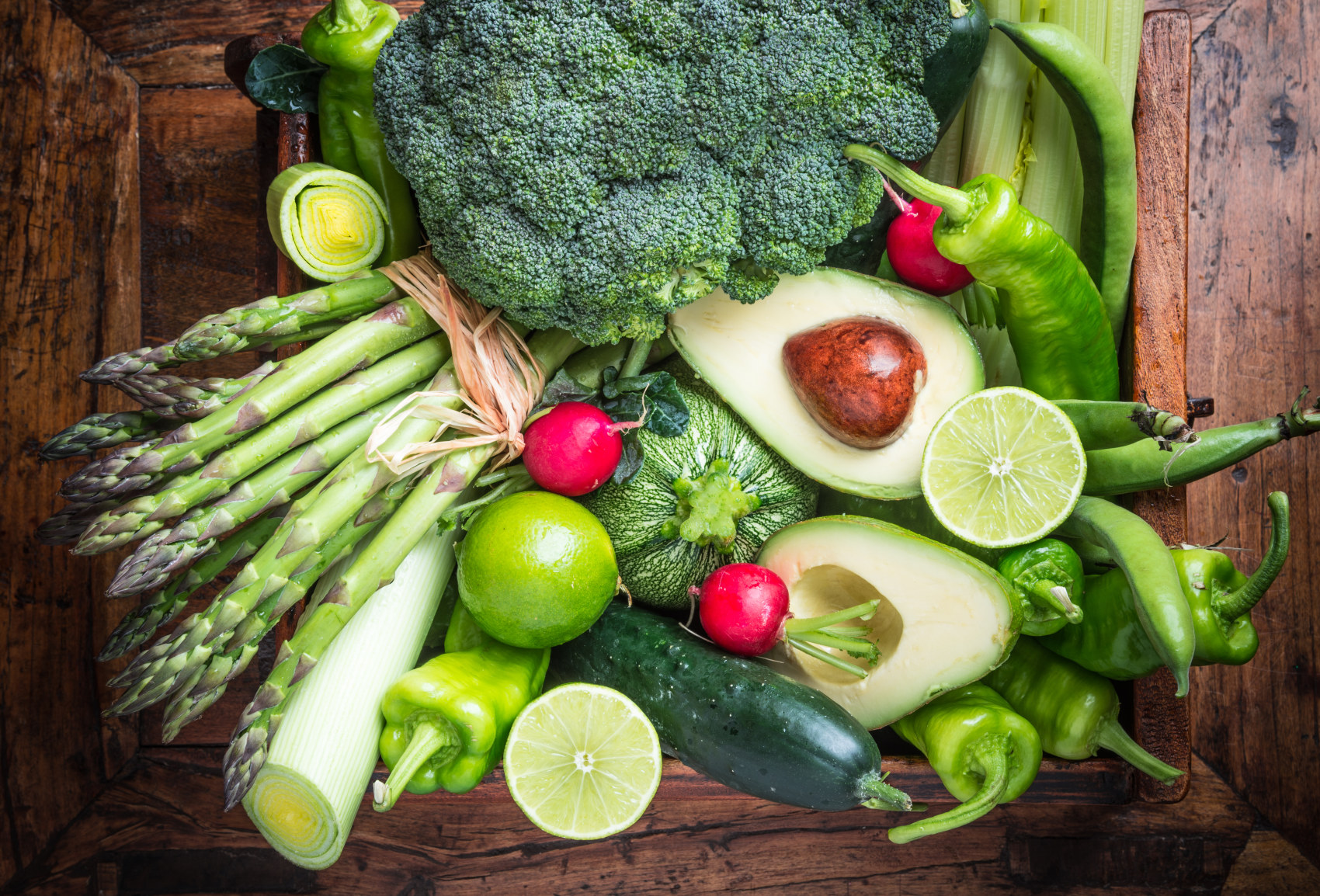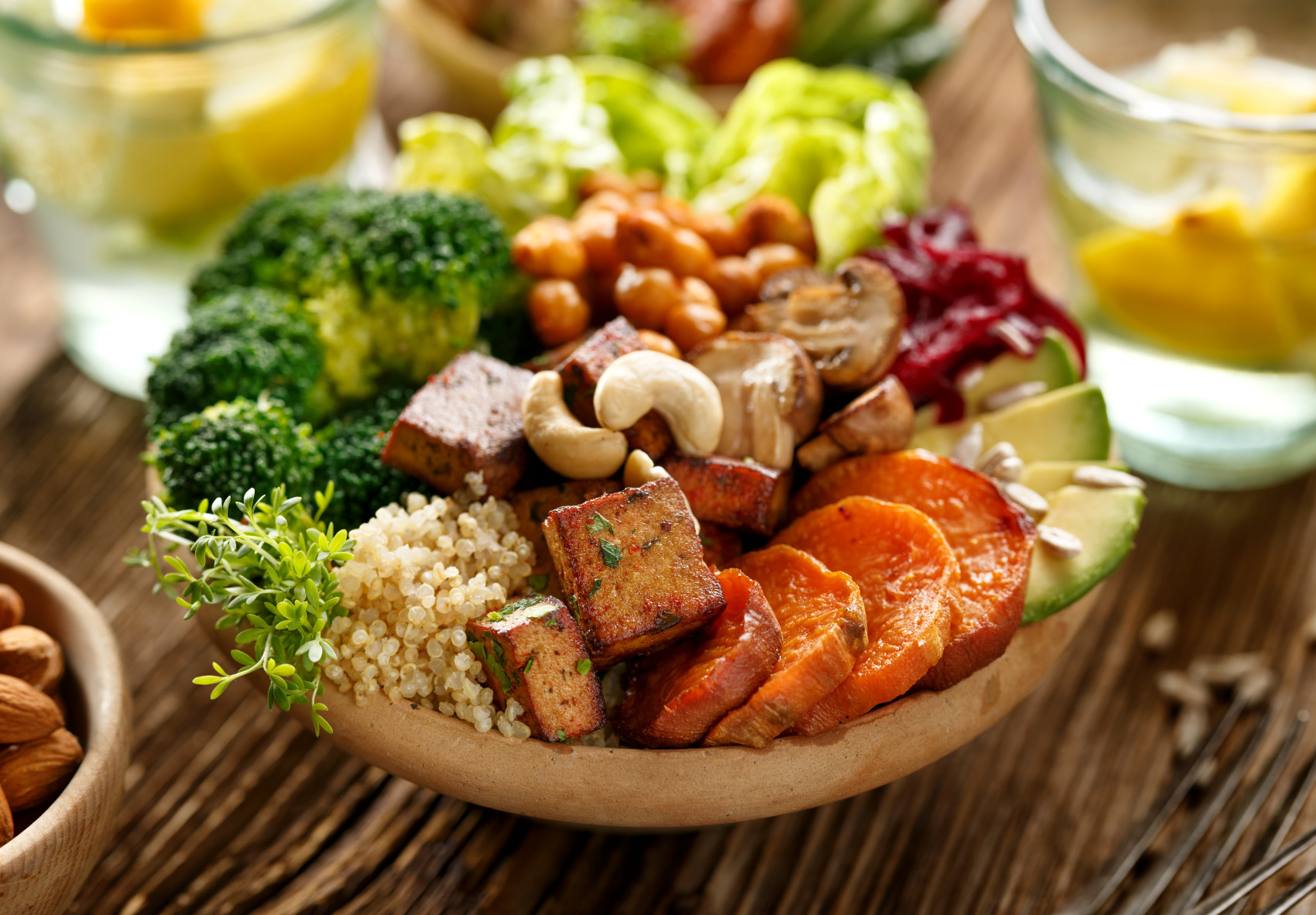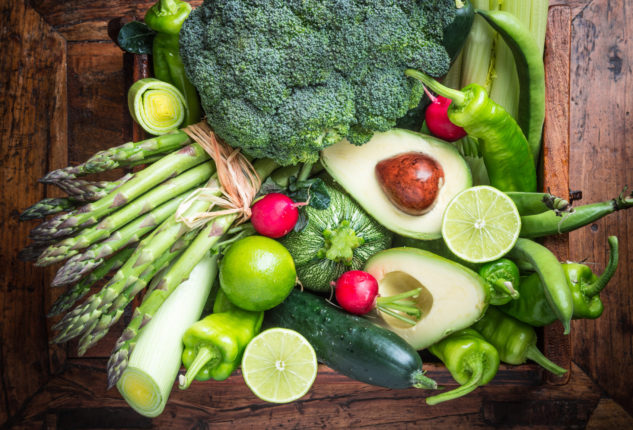
Go vegan and never worry about your weight or calorie counting
The vegan diet proved most effective for weight-loss for dieters in a USC study
It seems that eating a vegan diet simply lends itself to a reduction in weight, followed consequently by a lower body mass index (BMI). This was highlighted by a study entitled “New Dietary Interventions Enhancing the Treatment for Weight loss.” The “newDIETS” study, which was conducted in the United States in 2013 compared groups of:
- Vegans
- Vegetarians
- Pesco-vegetarians
- Semi-vegetarians
- Omnivores
Over a period of 8 weeks in terms of body mass and weight reduction.
LOREM IPSUM
The one thing all these people had in common was that fact that all of them were overweight and had been actively attempting to lose weight for some time, perhaps with limited success.
The results were clearly in favor of veganism: people who adhered to a vegan diet lost up to nine pounds, compared to only five pounds lost on average by those who followed a standard omnivore diet, and three pounds lost by those on a variation of the vegetarian diet.
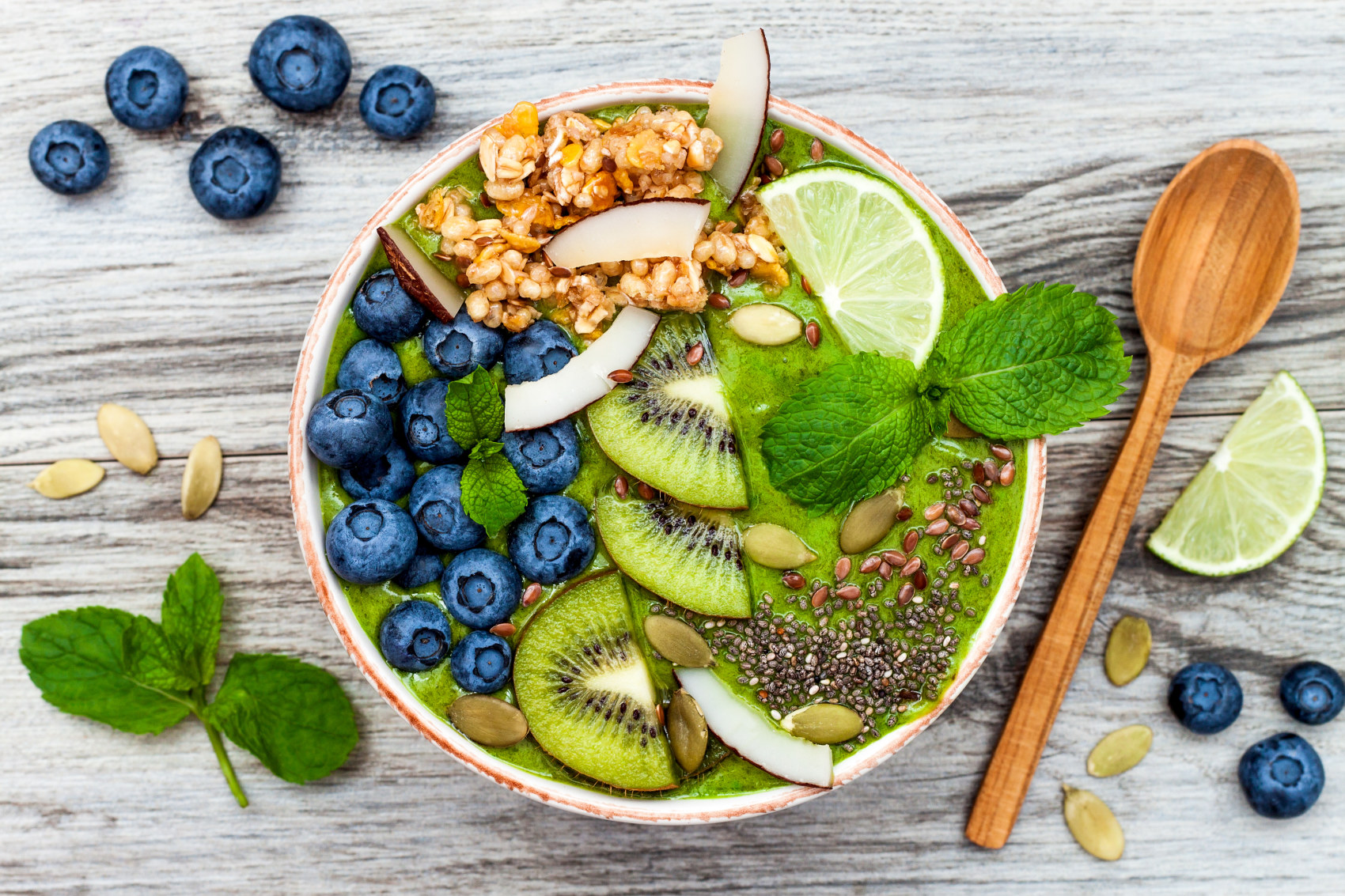
Veganism makes it possible to lose weight WITHOUT counting calories
The old staple of weight loss has always been the principle of caloric deficit; less calories going in than out result in inevitable weight loss.
There is mounting evidence that this is not the right way to approach weight-loss. While that is certainly still true, it doesn’t really give the reason why. It’s like saying that Bill Gates is very rich because more money is coming in than going out. While it’s true, it has nothing to do with why he’s so rich.
On top of that, counting calories has to be one of the most laborious, demoralizing things related to weight loss, and unless you have a particularly anal-retentive personality, it’s unlikely that you’re enjoying this.
Instead, we should be focusing on the bodies metabolism and how the food we eat affects insulin levels (the hormone that signals to your body to put on weight / keep weight on), while still keeping calories in mind and not really focusing on them.
This is why participants following a vegan diet were able to drop their weight without paying attention to how many calories they were consuming per day.
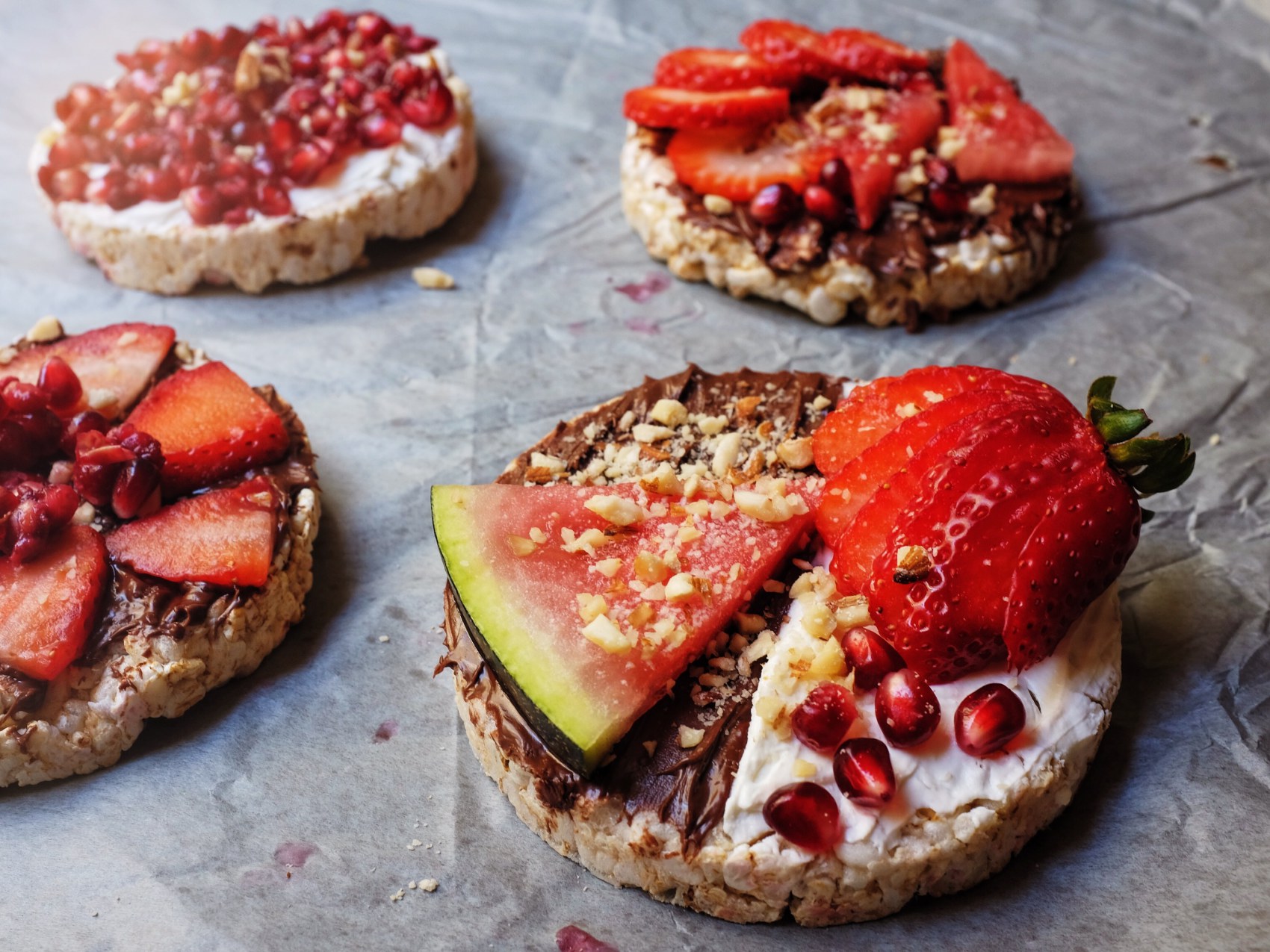
Diets that involve meticulous calorie counting and restriction are infamous for being unsustainable, which is why the results of this groundbreaking pilot study present such a new hope for those of us on the lookout for a long-term dietary program that does not have us calculating the nutritional information of every single bite of our food.
Vegans don’t gain weight as they age (an exception among people)
The older we get, the easier it becomes to put on pounds. Our metabolism slows down, our activity level decreases and all of a sudden, the amount of food we’re used to eating leads to gaining a lot more weight than we’re used to.
This was one of the facets addressed by the study which found that strict vegans were among those who gained the least amount of weight as they aged. Not only was veganism helping people lose weight, it was also protecting against unhealthy weight gain in the future.
This can all be explained rather simply: when eating a plant based diet, you’re generally consuming food that are:
- Low in calories: fruits and vegetables are less calorically dense than, say, meat. This in turn enables you to eat until you’re full without concerning yourself with calories.
- High in water content.
- High in fiber which expands in the digestive tract, giving an enhanced sense sense of satiety and cutting down on hunger.
- Healthier and less likely to spike insulin. (Meat in combination with carbs spikes insulin more than just carbs.)
Vegans can lose weight even while eating carbs
It appears that carbohydrates don’t present much of a problem if you’re a vegan, according to a study entitled “Comparative effectiveness of plant-based diets for weight loss: A randomized controlled trial of five different diets.”
The study, which spanned six months, compared strict vegans with omnivores and others eating different variations of a mostly vegetarian diet and imposed no caloric or food related restrictions on the participants.
The result was that even though vegans were consuming significant amounts of carbohydrates, they were the one group that lost the most weight over the six months duration of the study.
A closer examination of this weight loss revealed that participants in the vegan group were able to drop the weight specifically from their fat percentage, without sacrificing muscle mass.
This finding puts to rest two key misconceptions regarding veganism:
- That vegans must necessarily have more fat stores due to the amount of carbohydrates they consume.
- That by going vegan, you must sacrifice muscle mass: also untrue, since the participants who stuck to the vegan diet only dropped weight from fat and not muscles.
The reason for these findings is not difficult to understand when you examine the average vegan diet: the main carbohydrate vegans eat is and will always be vegetables, regardless of individual variations between each vegan.
It’s so easy to forget that vegetables are essentially just carbohydrates; but rather complex carbohydrates that are bound up in a matrix of fiber, antioxidants, vitamins and minerals.
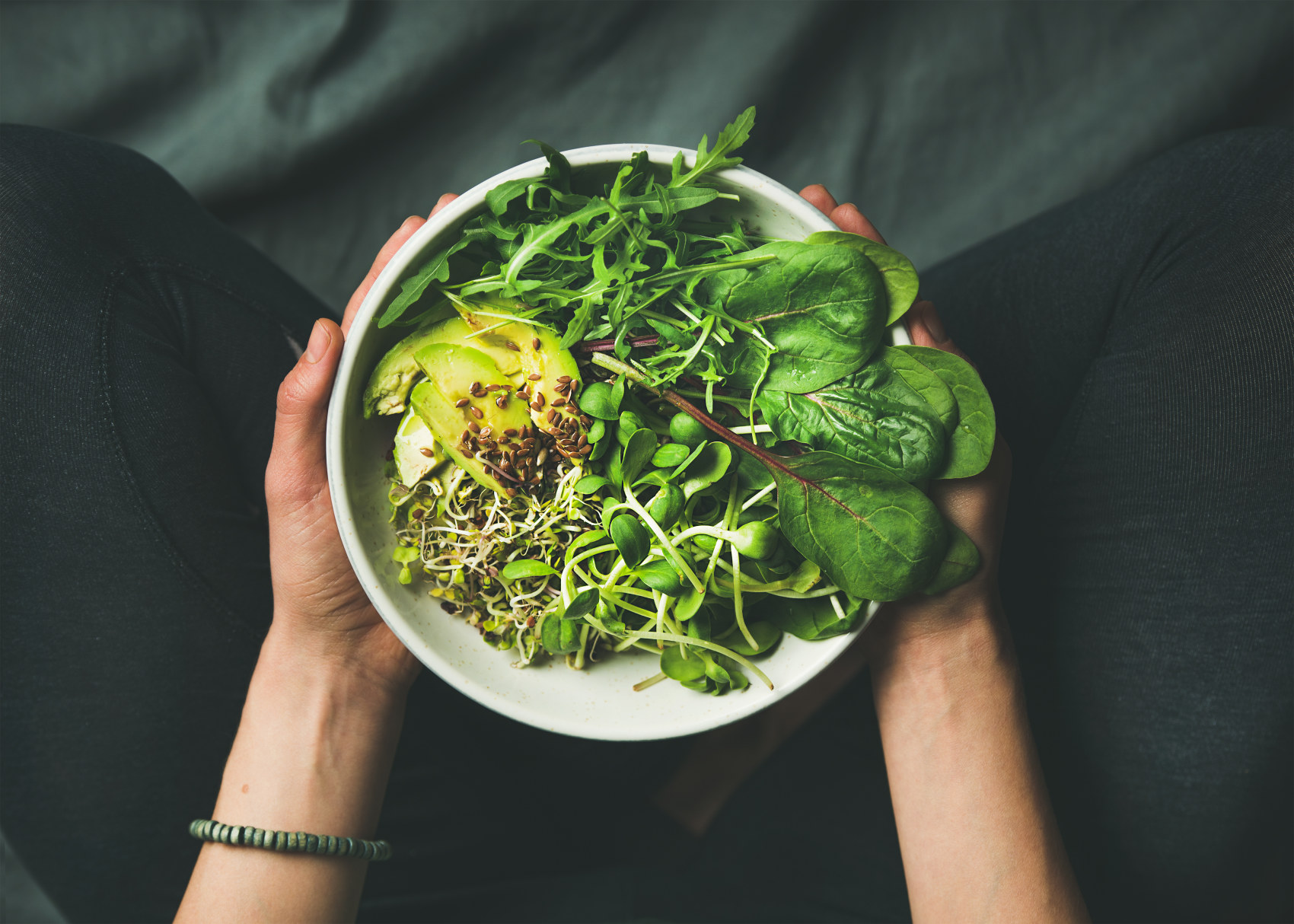
This makes vegetables like broccoli, cauliflower, beets, kale, lettuce and even starchy veggies such as potatoes and sweet potatoes the most superior nutrient delivery system on the planet; they deliver necessary for life carbohydrates that the body uses as fuel, burned slowly and over extended periods of time and also give a massive surge of free radical scavenging antioxidants and minerals in the process.
Vegans also tend to consume higher amounts of legumes than the average meat eater because they need them as the main source of protein. Things like chickpeas, kidney beans, broad beans and soybeans provide their nutrients in a complex network of fiber and trace elements while also counting, technically, as a lesser source of carbohydrates.
These fibers go a long way towards increasing the sense of fullness and regulating the health of the digestive system.
Could this also have to do with the less spikes in insulin by foregoing meats and milk-products?
The actual mechanism of why vegans can still get away with eating carbs still requires further research – but one thing is certain – that it works! The important thing for us that it works.
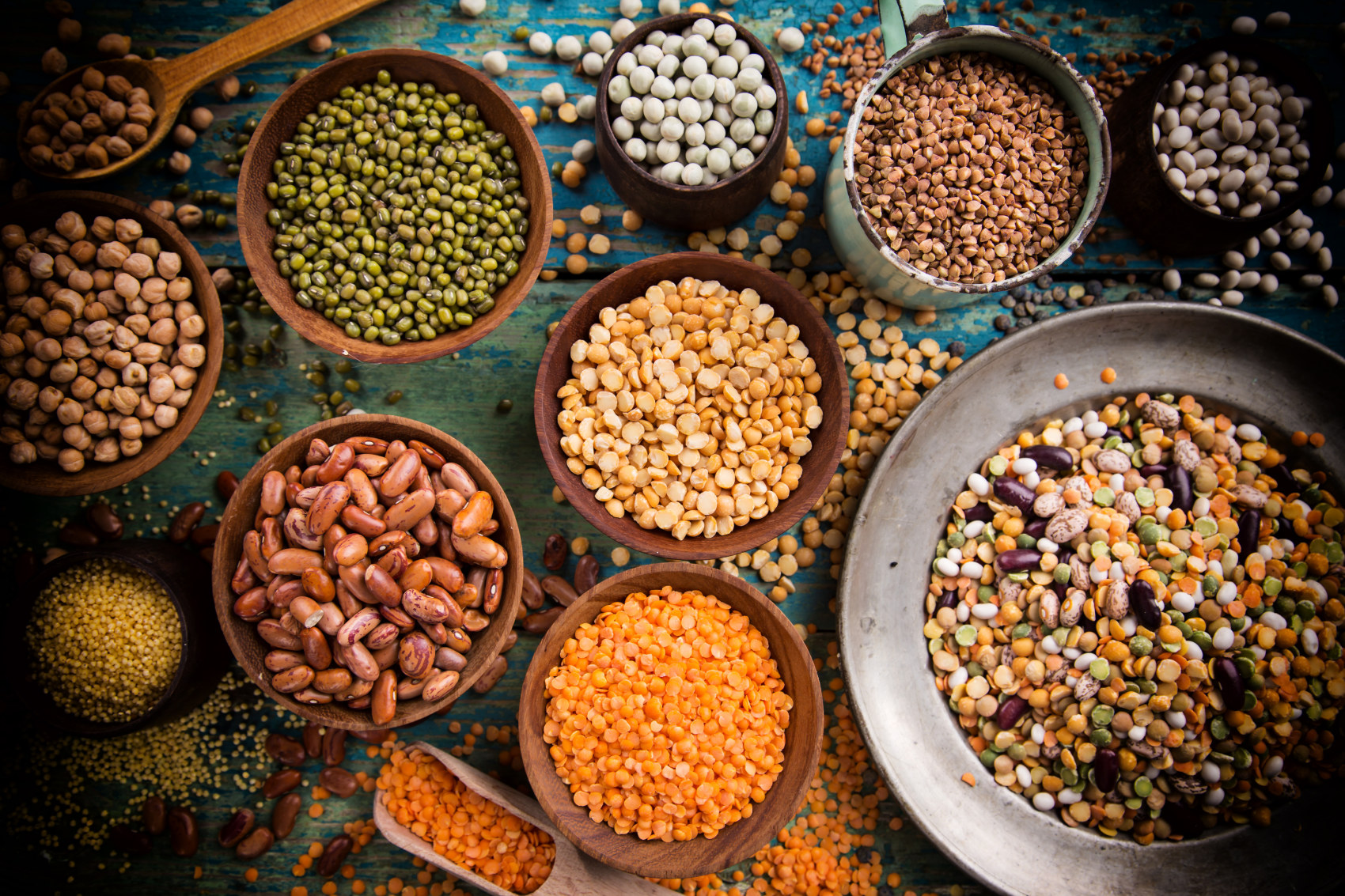
A balanced vegan diet automatically helps you consume the right macros
Weight management has taken quite a turn in recent years since the introduction of the terms “macro” and “micronutrients.”
A macronutrient or “macro” is one of the main nutrients the body needs in large amounts; mainly carbohydrates, proteins and fats. While micronutrients are trace elements the body needs in small, but necessary, amounts in order to maintain optimal health.
It is now generally recognized that a healthy weight loss / maintenance regime must include all “macros” and necessary “micros.” Gone are the days when it was recommended that you reduce your carbohydrate consumption to zero; we now understand that carbohydrates are necessary for the body to function properly and eliminating them entirely makes any weight loss plan unsustainable, and puts you at risk of needless complications like:
- Low blood sugar
- Fainting
- Mood incongruence
- Acid reflux
- Other unknown complications
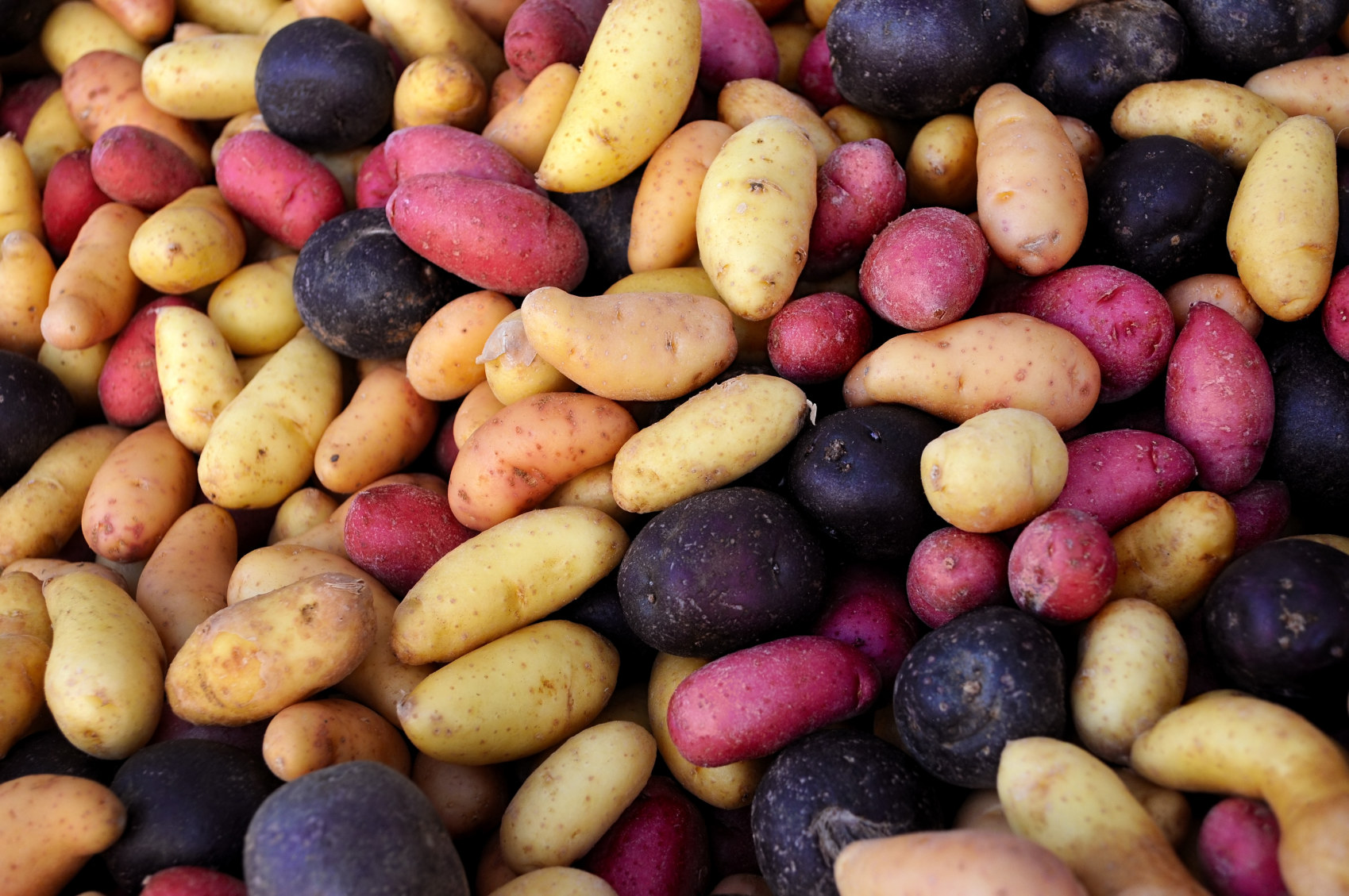
In the study for “comparative effectiveness of plant-based diets” mentioned above, it was found that among the different groups studied, vegans were the one group hitting their daily macros most consistently.
Not only is this the most balanced nutritional profile, but it provided a great basis on which to jump start new and improved health goals beyond mere weight-loss.
Simply put: if you are already eating in the cleanest, most balanced way you can, it’s not such a stretch to begin tweaking your diet little by little for increased muscle mass to achieve a more toned and symmetrical physique.
Vegans have the lowest risk of diabetes and heart disease, two of the biggest killers in America
Risk factors of cardiac illness include the consumption of red meat and trans-fats contained abundantly in cheese and dairy. A high BMI index and truncal obesity also contribute to raised blood pressure and type ii diabetes mellitus.
This is perhaps why vegans were shown to be the one group of people who had the lowest risk stratification when it comes to developing conditions such as type 2 diabetes, hypertension and ischemic heart disease.
Veganism, as a complete health regimen doesn’t just offer the benefit of weight management, it also ensures optimum health for the body and works to protect from chronic illness far off in the future.
Why wait? Get started on a vegan diet.
